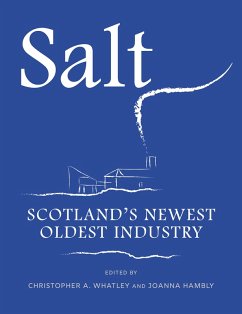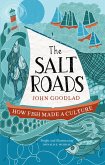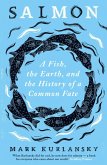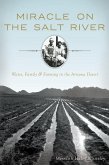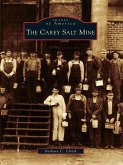Salt is a vital commodity. For many centuries it sustained life for Scots as seasoning for a diet dominated by grains (mainly oats), and for preservation of fish and cheese. Sea-salt manufacturing is one of Scotland's oldest industries, dating to the eleventh century if not earlier. Smoke- and steam-emitting panhouses were once a common sight along the country's coastline and are reflected in many of Scotland's placenames. The industry was a high-status activity, with the monarch initially owning salt pans. Salt manufacture was later organised by Scotland's abbeys and then by landowners who had access to the sea and a nearby supply of coal. As salt was an important source of tax revenue for the government, it was often a cause of conflict (and military action) between Scotland and England. The future of the industry - and the price of salt for consumers - was a major issue during negotiations around the Union of 1707. This book celebrates both the history and the rebirth of the salt industry in Scotland. Although salt manufacturing declined in the nineteenth century and was wound up in the 1950s, in the second decade of the twenty-first century the trade was revived. Scotland's salt is now a high-prestige, green product that is winning awards and attracting interest across the UK.
Dieser Download kann aus rechtlichen Gründen nur mit Rechnungsadresse in A, B, BG, CY, CZ, D, DK, EW, E, FIN, F, GR, H, IRL, I, LT, L, LR, M, NL, PL, P, R, S, SLO, SK ausgeliefert werden.

